News Archive
Opinion
-
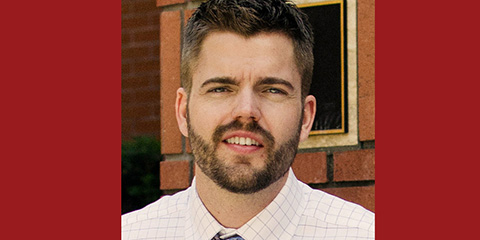
California citizens can now change the gender on their birth certificates and licenses and even select a nonbinary gender on other government-issued legal documents. This legislation has significant implications for LGBTQ civil rights, inclusion, and overall mental health for the nonbinary community. We’re now challenging gender norms, legally, and we’re one step closer to true, visible change for the no-binary community at large. But we still have a long way to go.
-
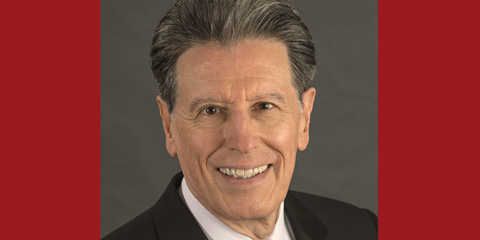
The United States has produced nearly 40 years of prevention and disparities research initiatives and public health programs aimed at eliminating inequities and the unfair burden of illness in society. These efforts have yielded a vast body of information regarding the large gaps in specific health and health care hardships suffered by large segments of the US population, and interventions for remediation.
It remains unclear how much progress has been made in eliminating health inequities.
-

Our first week of classes has concluded amid two dramatically opposite national experiences: violence and bigotry in Charlottesville, Virginia, and universally shared excitement with the eclipse.
We can expect to be at odds in coming months between confrontation and opportunities for connection like these, all within the context of national and international instability.
As a school, we can use this tension as an opportunity to probe the meanings of democracy, diversity and social reform more deeply.
-
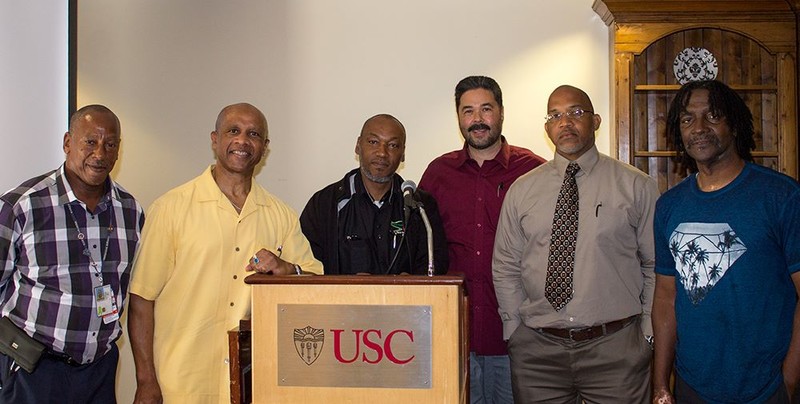
Peer caregiving improves inmates’ lives
America’s aging population is growing rapidly—including in prisons. The number of state and federal prisoners age 55 or older rose 250 percent between 1999 and 2014, according to U.S. Department of Justice data. But prison facilities are not designed to accommodate elders’ needs.
-
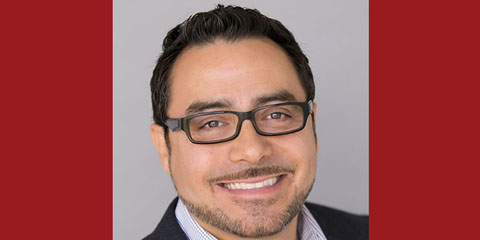 BioMed Op-Ed: The Role of Medicaid in Reducing Addiction Treatment Disparities for Mexican Americans
BioMed Op-Ed: The Role of Medicaid in Reducing Addiction Treatment Disparities for Mexican AmericansRecent expansion of Medicaid has been a first step in reducing health-care disparities in the United States. This is particularly true for publicly funded substance use disorder treatment, for which Medicaid has become the largest payer. Recently published research in Substance Abuse Treatment, Prevention, and Policy looked to explore whether disparities in addiction treatment were associated with treatment programs’ acceptance of Medicaid payments.
-
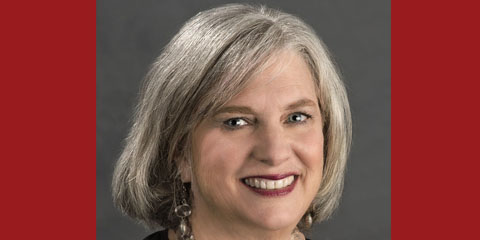
Co-authored by Dr. Diana Taylor, professor emerita, University of California, San Francisco; Dr. Ellen F. Olshansky, women’s health nurse practitioner, and professor and chair, University of Southern California; Dr. Versie Johnson Mallard, women’s health nurse practitioner and Association of Reproductive Health board member; Dr. Nancy Fugate Woods, professor and dean emeritus, University of Washington; Dr. Monica R. McLemore, assistant professor, University of California, San Francisco, and research scientist with Advancing New Standards in Reproductive Health.
-
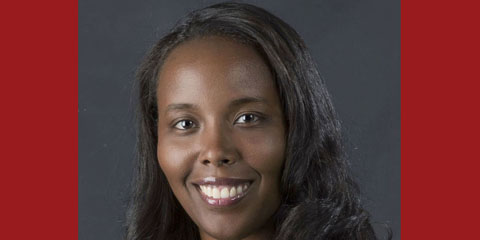
Housing is often used as a barometer of achievement in U.S. society. The type of home we live in and our neighborhoods are signals of pedigree, of where we fall on the socioeconomic ladder. Nevertheless, housing is in fact one of life’s few necessities. Although many of us might take it for granted, we need stable quality housing to be healthy, productive citizens. Housing and neighborhoods influence our emotional and physical well-being, human capital development, and social networks. At its core, housing is a human right.
-
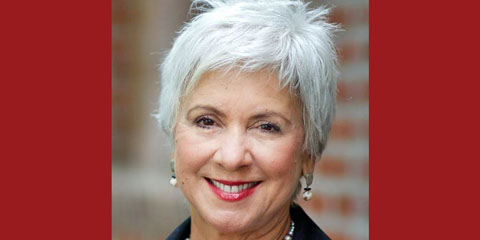
Public health is at risk for losing ground. To be consequential under the current political climate, we must produce timely, accessible research with policy significance. We must revamp academic and professional training for the current and future workforce and employ contemporary, public-facing strategies to convey information about science and health policy to all Americans.
-
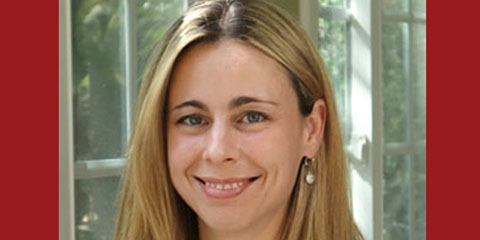
Diagnosed with a rare heart condition after delivering her third child in 2016, Kristie Holmes, adjunct associate professor at the USC Suzanne Dworak-Peck School of Social Work, learned first-hand that attentive care can be the difference between life and death.
-
National Social Work Month is in full swing. Draw professional (and personal) inspiration from these 25 quotes!
Social work takes many forms — whether you’re dedicating your days and nights to the betterment of humanity, or finding some time in your busy schedule to lend a hand, keep it up. The work is hard, but the rewards are many. Just ask these 25 inspiring figures: